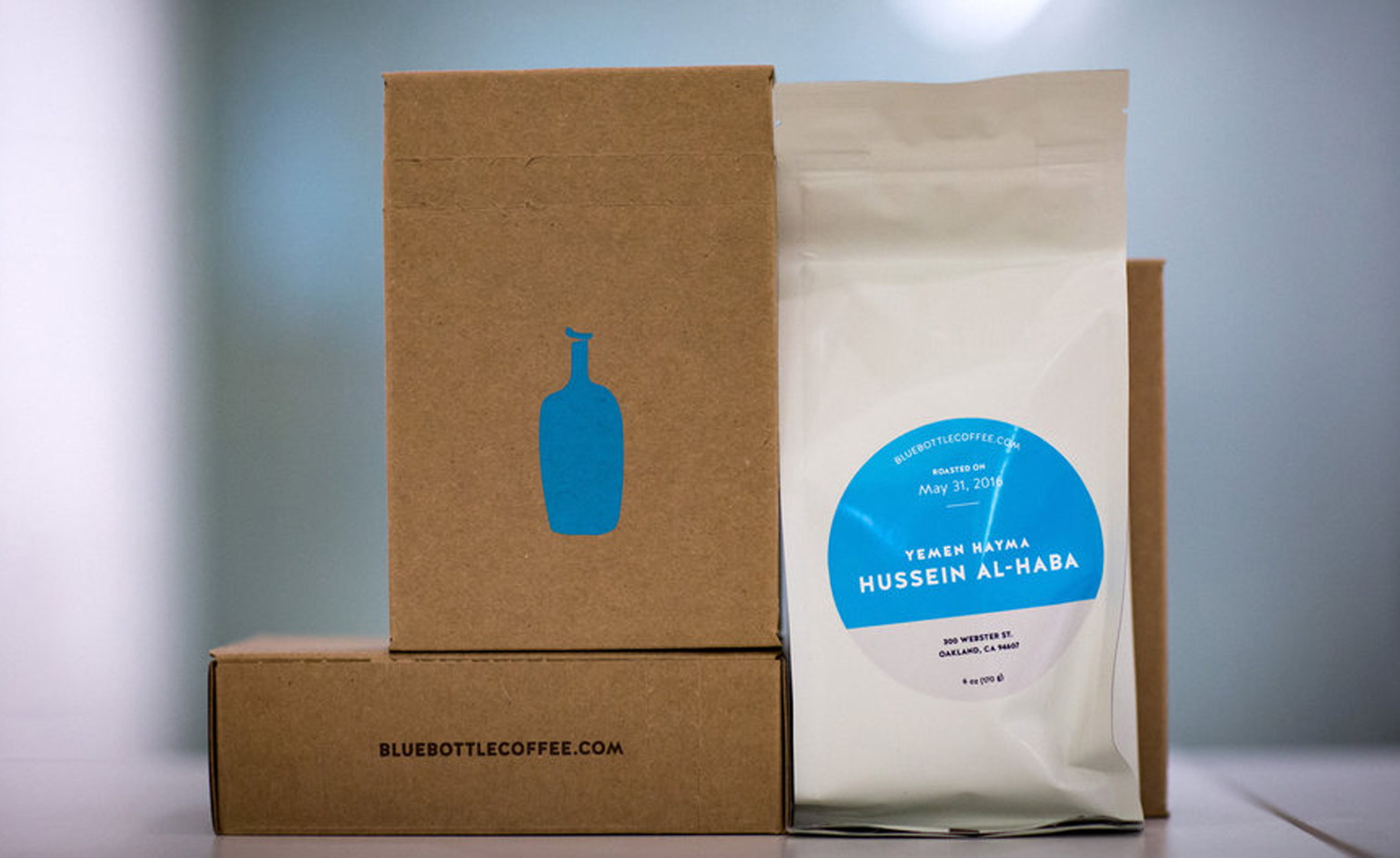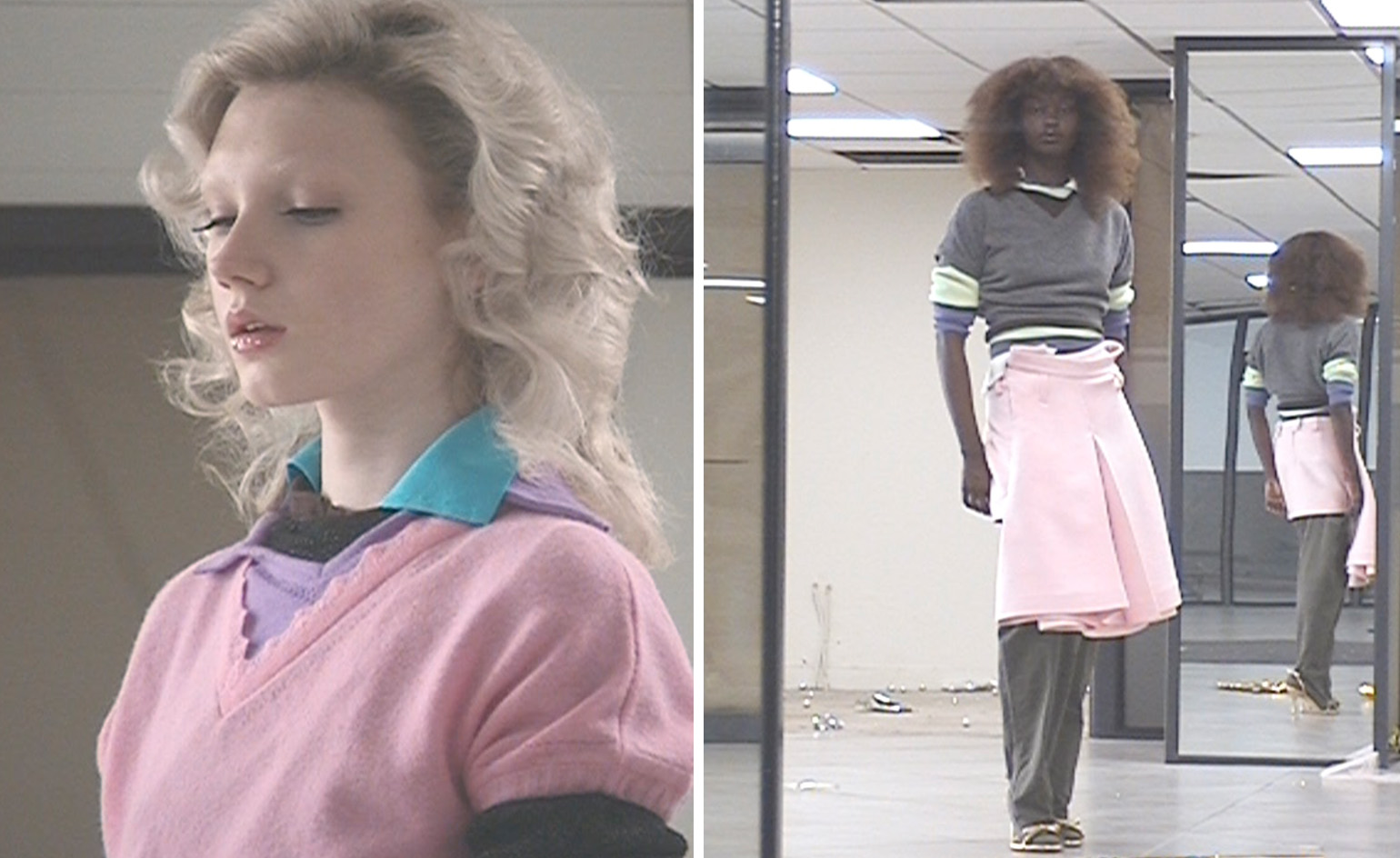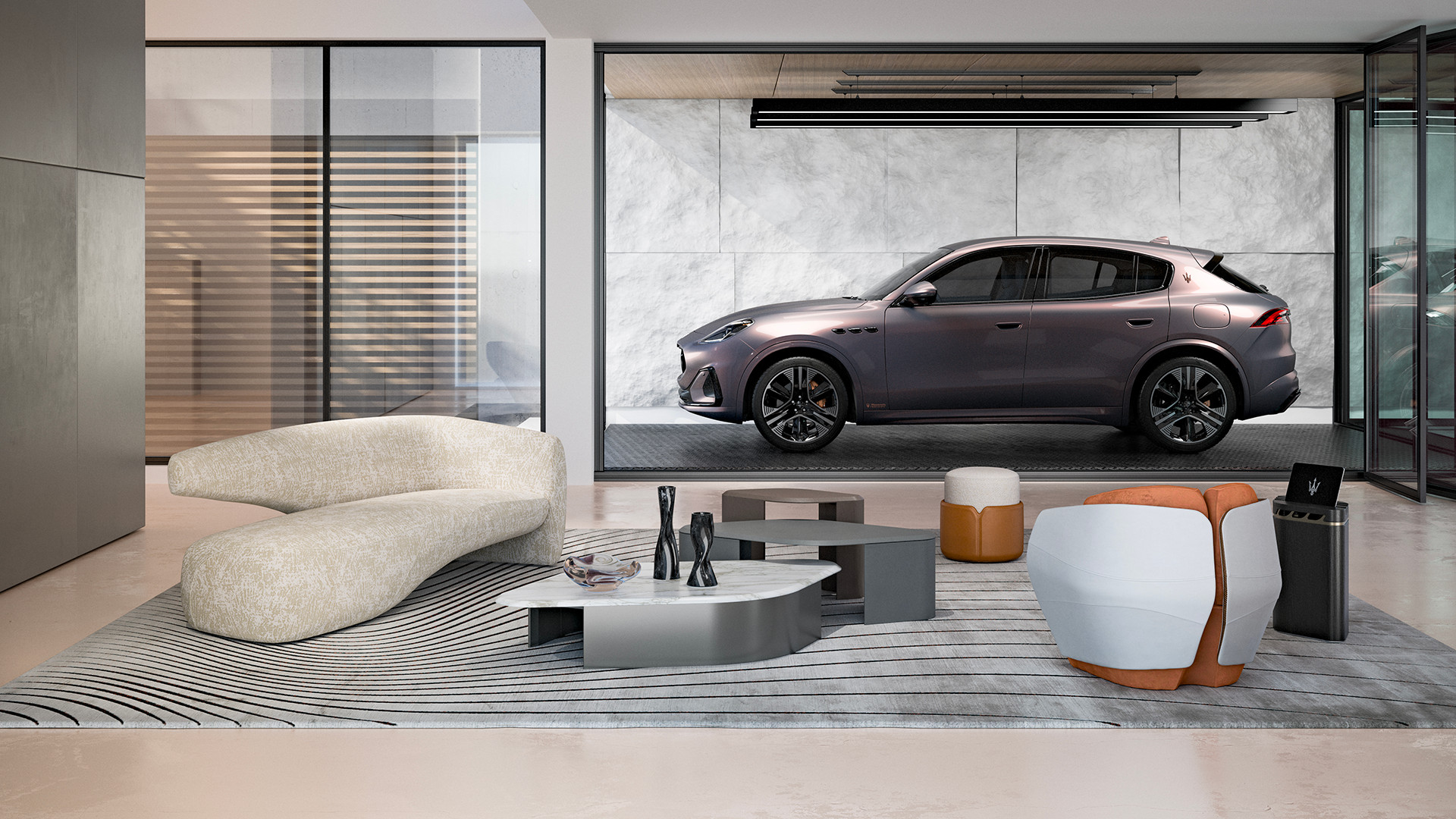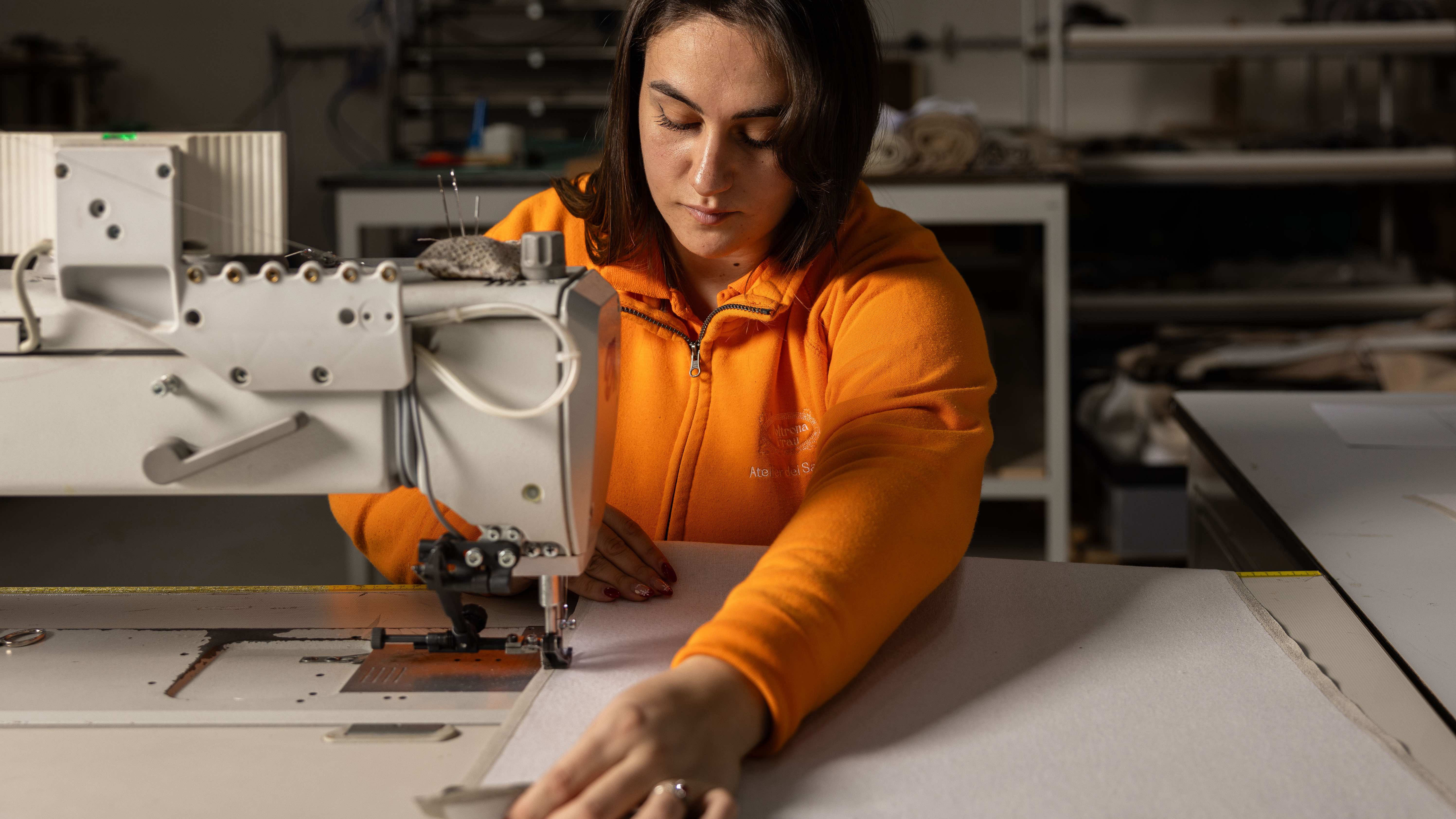The story behind Blue Bottle’s pricey new coffee

Sixteen sounds like a fairly crazy number of dollars (£12) to charge for a cup of coffee. But if the beans had to be smuggled out of a war-torn country by hand on a small dinghy across the Red Sea, we're willing to consider that the cost could be justified. Last month, San Francisco's Blue Bottle Coffee drew attention for the hefty price of its new Port of Mokha coffee, but the real story is that it exists at all.
In March of 2015, Yemeni-American coffee importer Mokhtar Alkhanshali was doing standard business in Yemen's capital city, Sana'a, when full-fledged airstrikes broke out around the city. ‘It looked like Armageddon. All hell had broken loose,’ Alkhanshali tells NPR. All routes in and out of the country via boat or plane were blocked, and calls for help to the American Embassy for were rebuffed. Alkhanshali was trapped, and war was breaking out.
That's when the coffee dealer decided to drive seven hours to the Red Sea port of Mocha and flee the country on a 20-foot-long motorized dinghy. Alkhanshali brought no navigational equipment along for the ride, but did manage to hoist two suitcases full of Yemen's esteemed coffee from the independent farms he had been working with. The conflict-torn country has a centuries-old history of coffee production. According to the coffee site Sprudge, Yemen's beans are speculated to be the first to be served to the Western world. In fact, the country's brew was so beloved that ‘in the 1500s there were more than 3,000 coffee shops in Cairo, all of them serving Yemeni coffee.’
When Alkhanshali finally reached land, he and his companion were incarcerated by security forces who suspected they were smugglers of slightly more nefarious goods. However, eventually they were released and flown back to the U.S.—coffee in tow. Through his company, Port of Mokha, Alkhanshali got connected to Blue Bottle CEO James Freeman, who was instantly taken with the blend. In a gushing statement on its site, Blue Bottle describes Freeman's first sip of the brew as a ‘transcendent encounter’ and the beans themselves a ‘veritable coffee miracle.’
Now, a highly limited amount of trading ports to Yemen are open occasionally, allowing Alkhanshali to get small batches of the beans back to the states. ‘The country is still in the midst of a war. It's very difficult to go in and out,’ he says, but Alkhanshali is passionate about ensuring the future of Yemen's storied coffee. The importer goes to great lengths to get GrainPro bags—which extend the green coffee's shelf life—to the farmers he has built relationships with across the country. The bags alone have to purchased in the Philippines, flown to Ethiopia and Djibouti, smuggled on boat into one of Yemen's ports—given its even open—and driven through airstrikes to be delivered to the producers. Not exactly your average supply chain.
Port of Mokha coffee is available at Blue Bottle by the cup, or for $65 (£50) for six ounces (170 grams) online, and each purchase comes with a sesame cardamom cookie inspired by Alkhanshari's great-grandmother and an informational pamphlet on the history of the brew. While Freeman knows that double-digits for a cup seems steep, as he puts it: ‘Miracles aren't cheap.’ And when you think about the lengths and life-risking efforts put into the cultivation of the beans, $16 (£12) starts to sound reasonable.
This article originally appeared on Food & Wine
Wallpaper* Newsletter
Receive our daily digest of inspiration, escapism and design stories from around the world direct to your inbox.
-
 All-In is the Paris-based label making full-force fashion for main character dressing
All-In is the Paris-based label making full-force fashion for main character dressingPart of our monthly Uprising series, Wallpaper* meets Benjamin Barron and Bror August Vestbø of All-In, the LVMH Prize-nominated label which bases its collections on a riotous cast of characters – real and imagined
By Orla Brennan
-
 Maserati joins forces with Giorgetti for a turbo-charged relationship
Maserati joins forces with Giorgetti for a turbo-charged relationshipAnnouncing their marriage during Milan Design Week, the brands unveiled a collection, a car and a long term commitment
By Hugo Macdonald
-
 Through an innovative new training program, Poltrona Frau aims to safeguard Italian craft
Through an innovative new training program, Poltrona Frau aims to safeguard Italian craftThe heritage furniture manufacturer is training a new generation of leather artisans
By Cristina Kiran Piotti